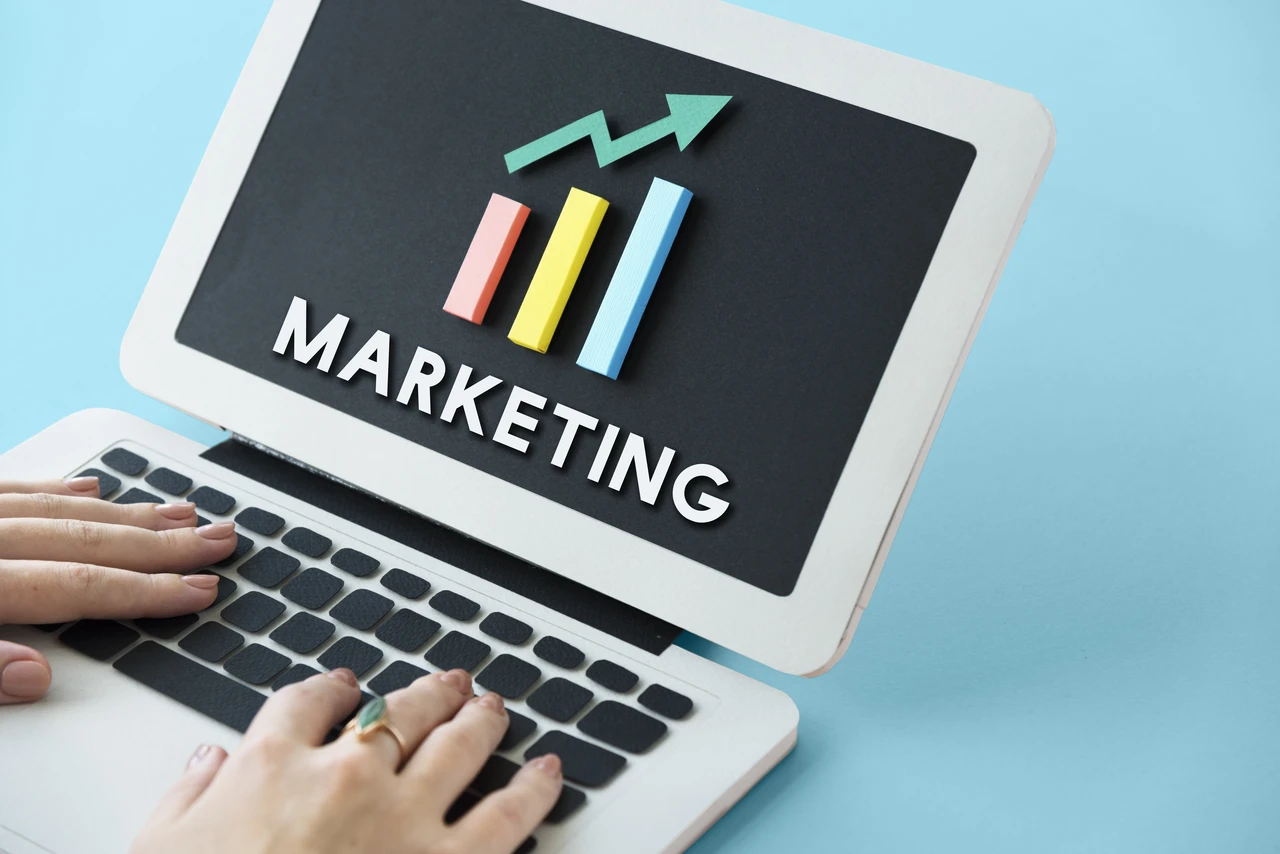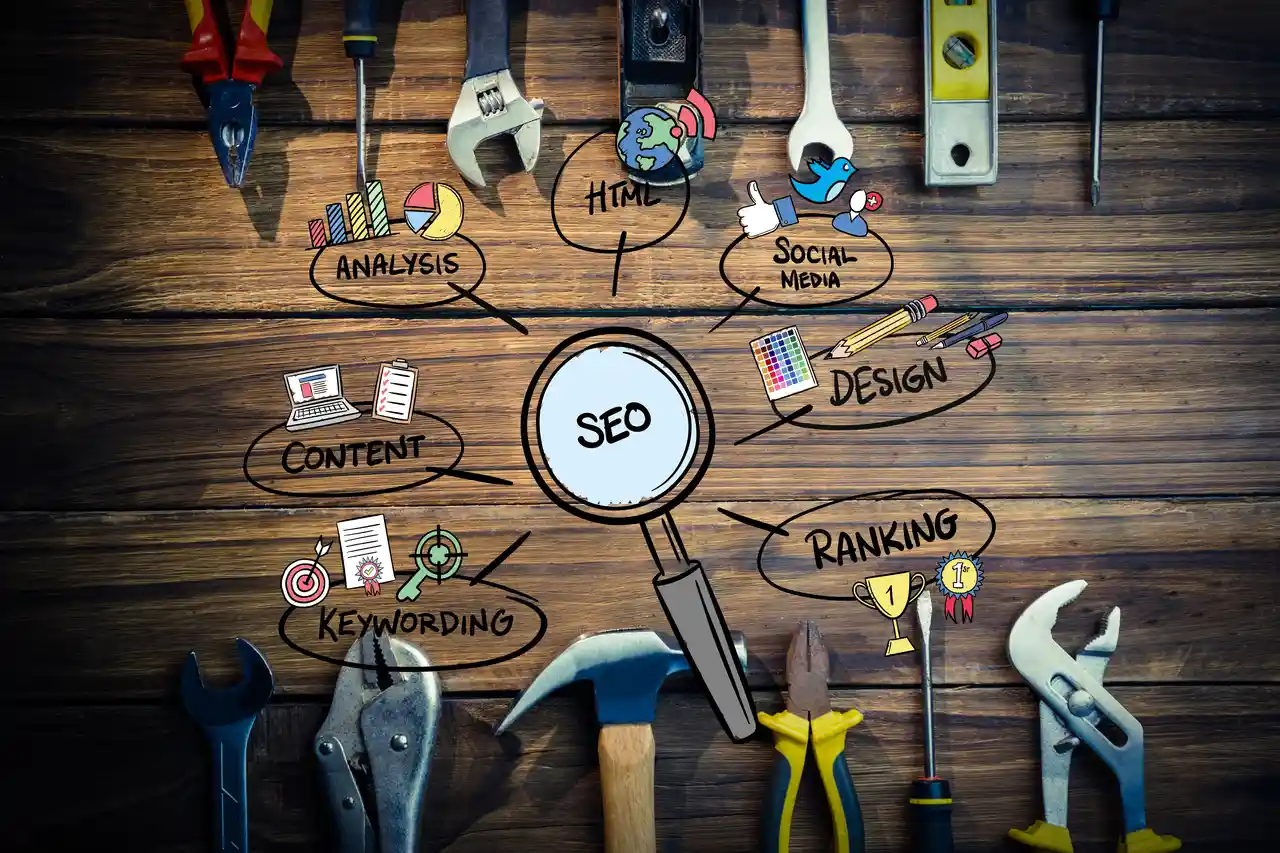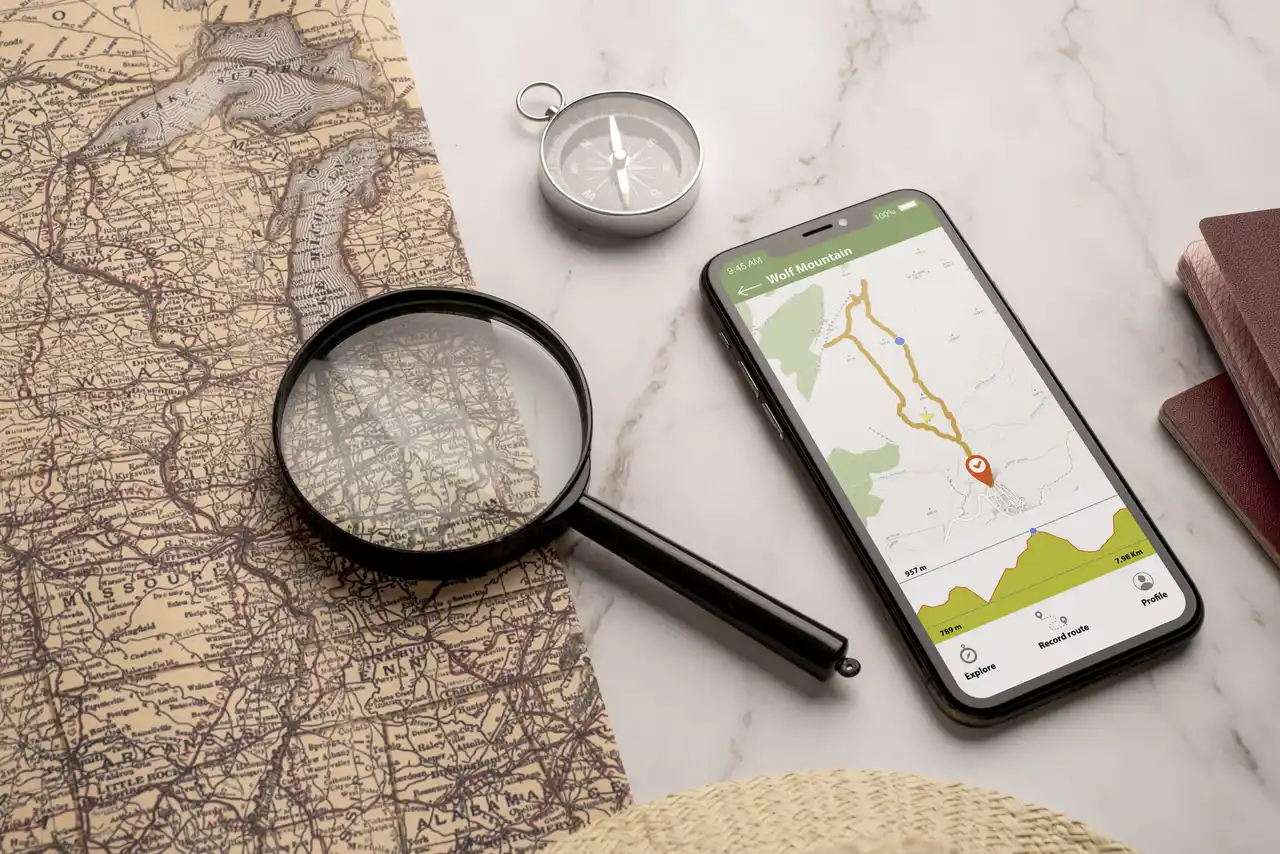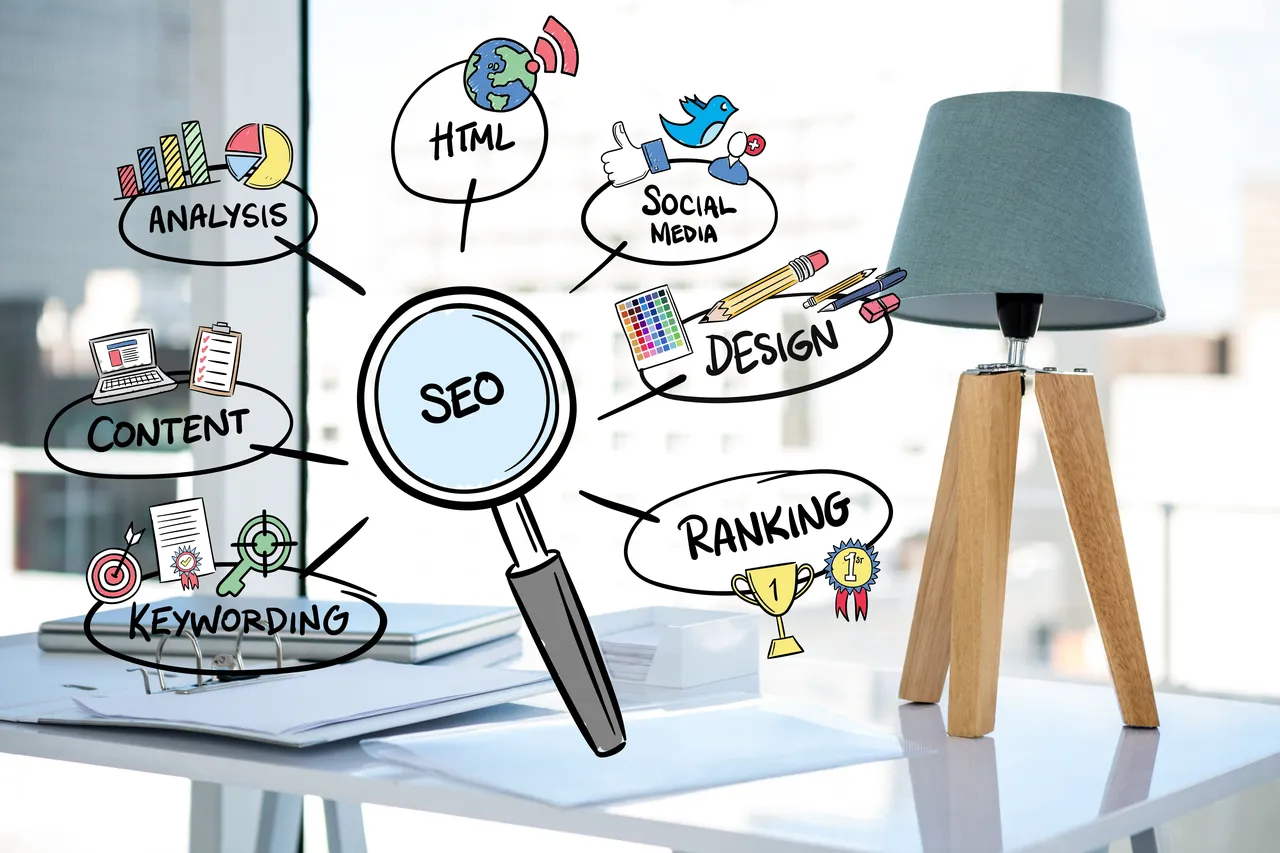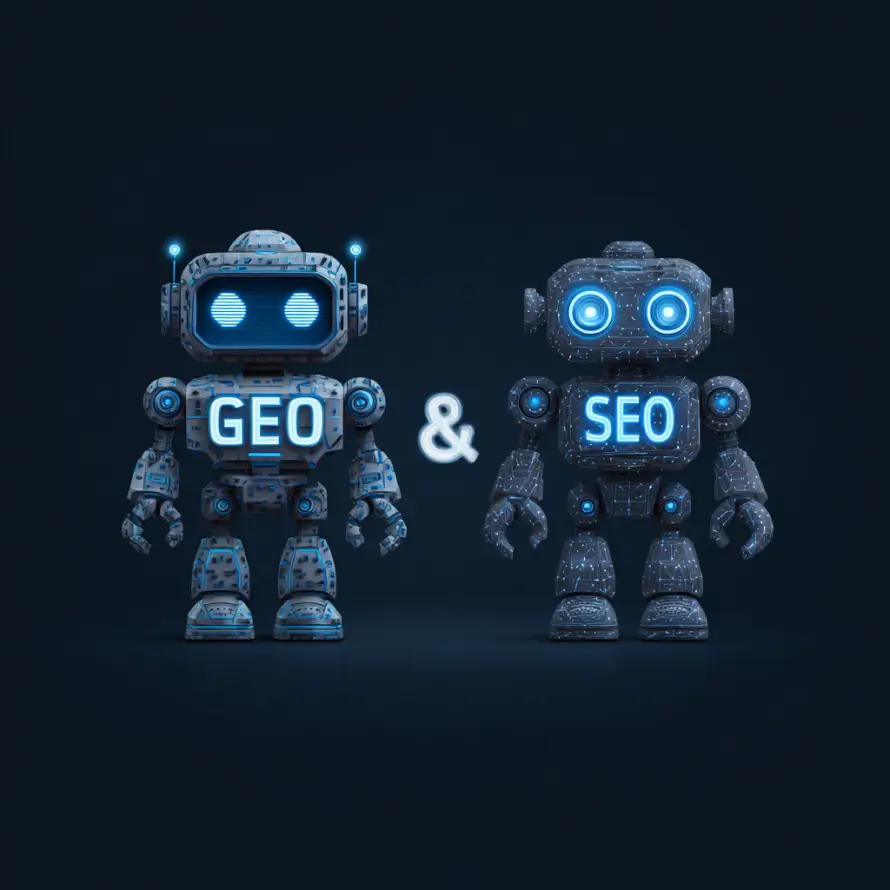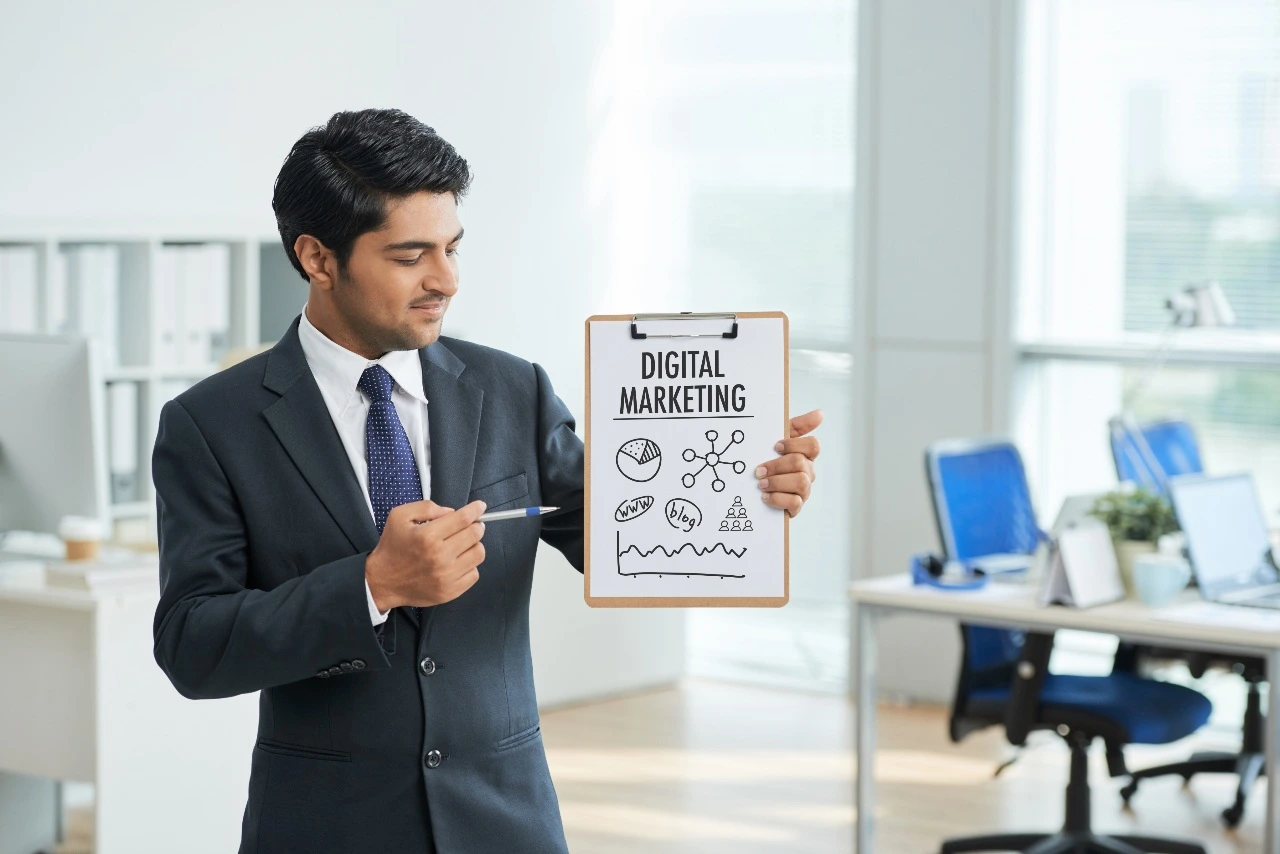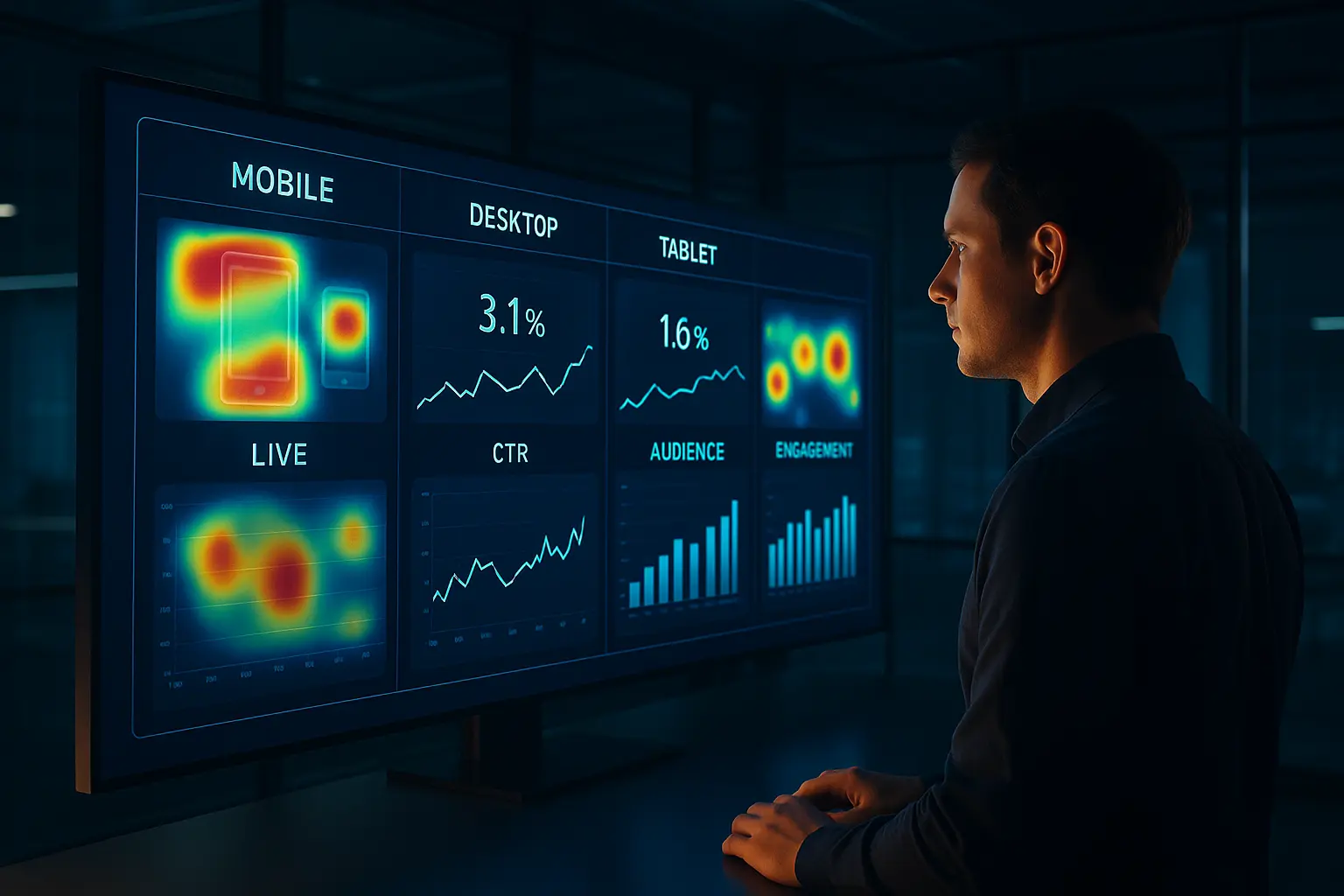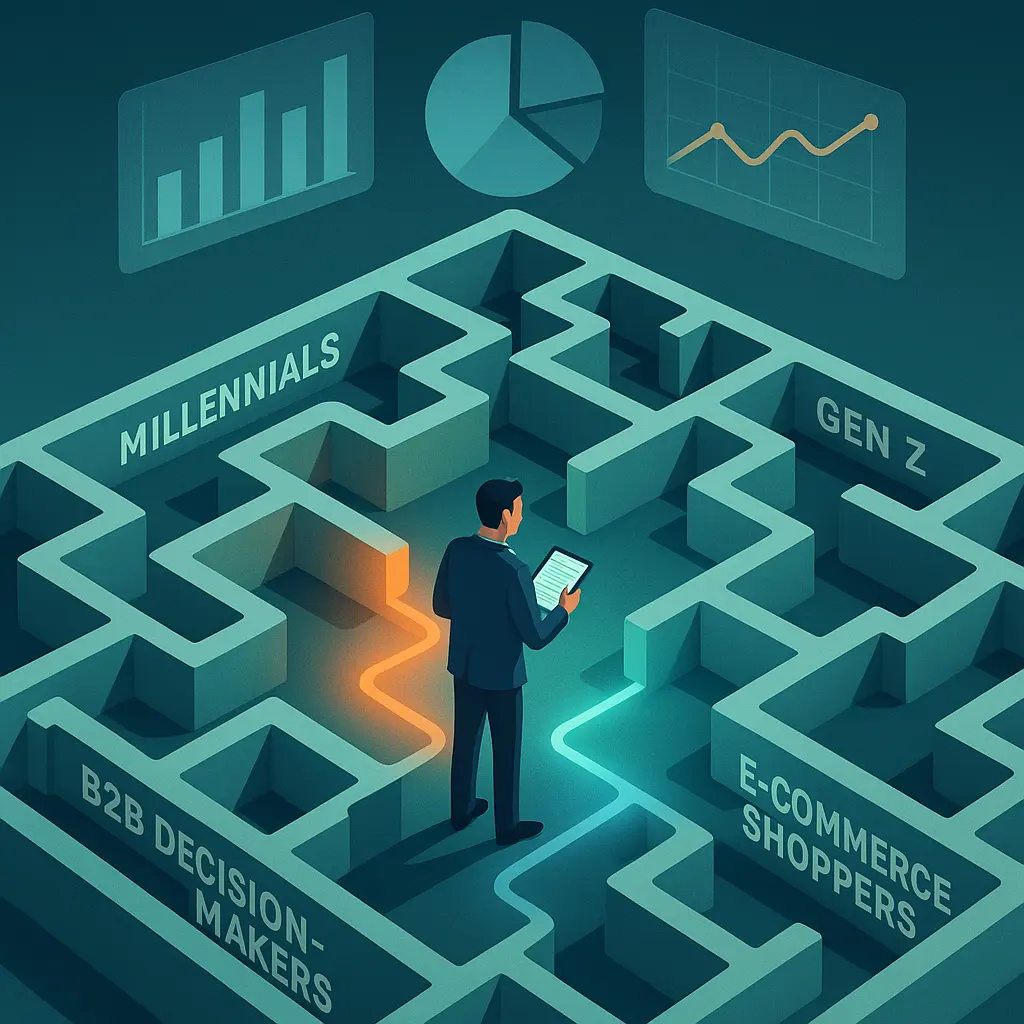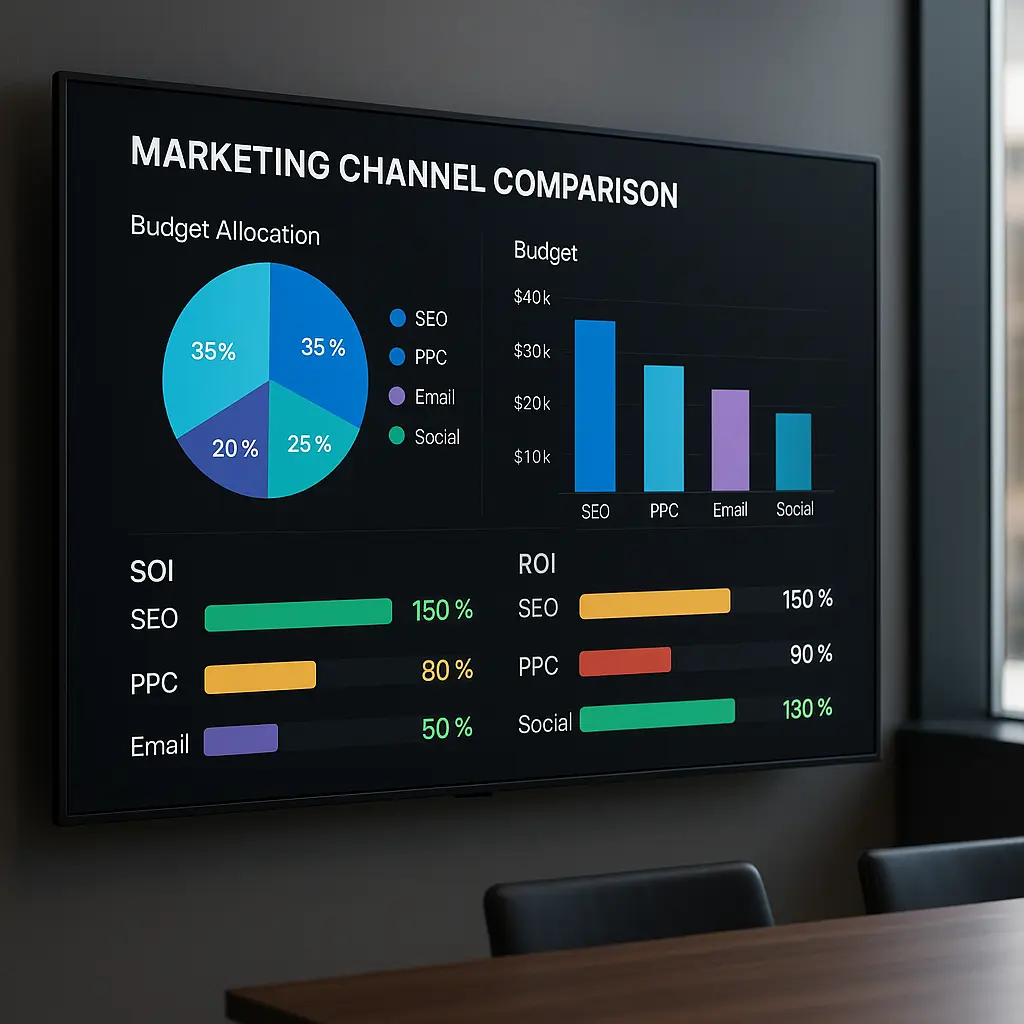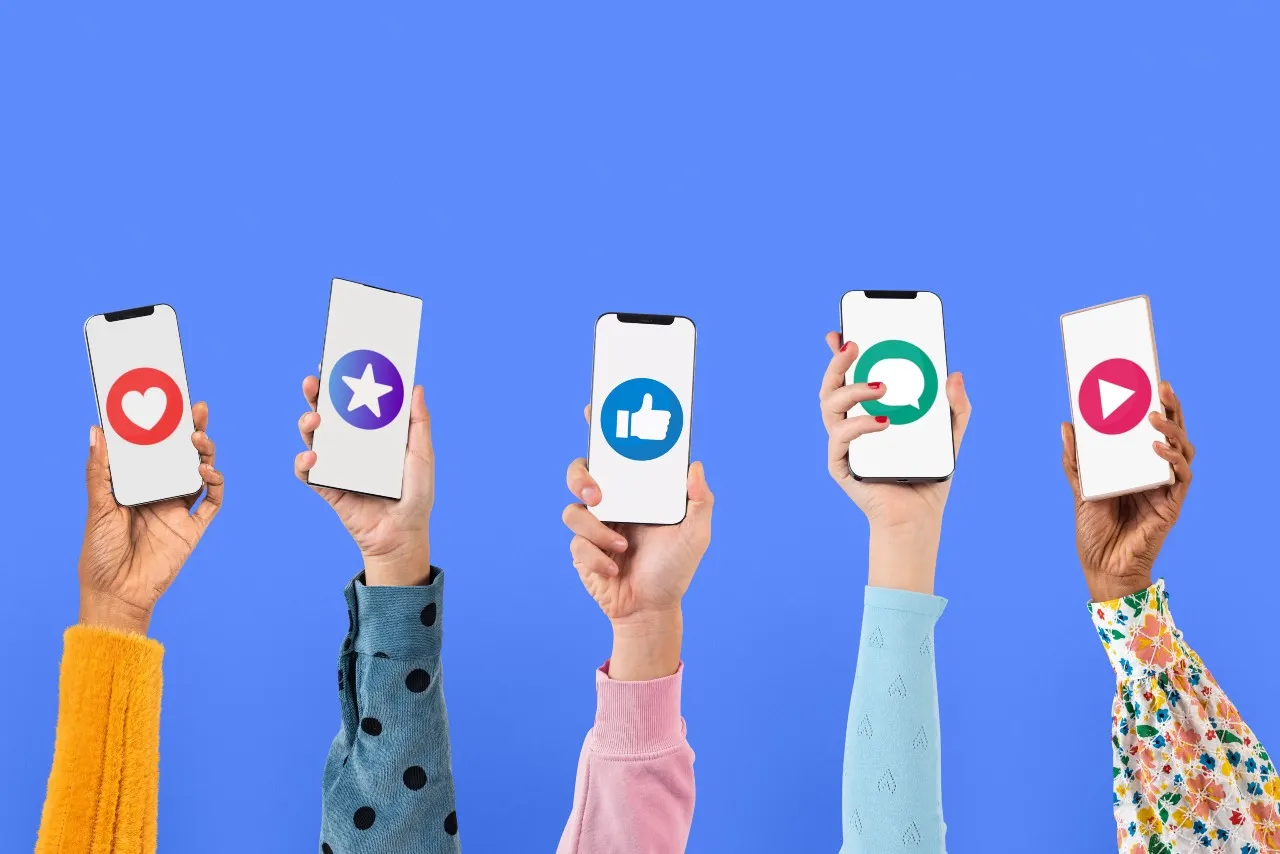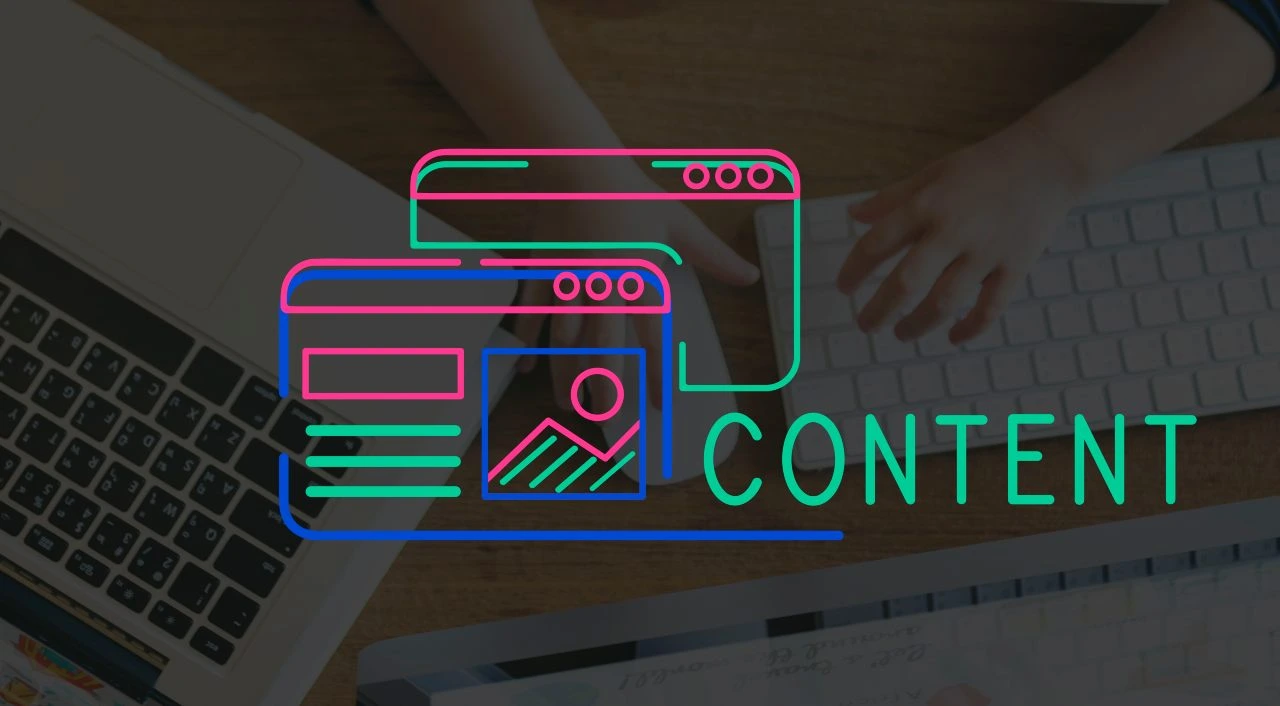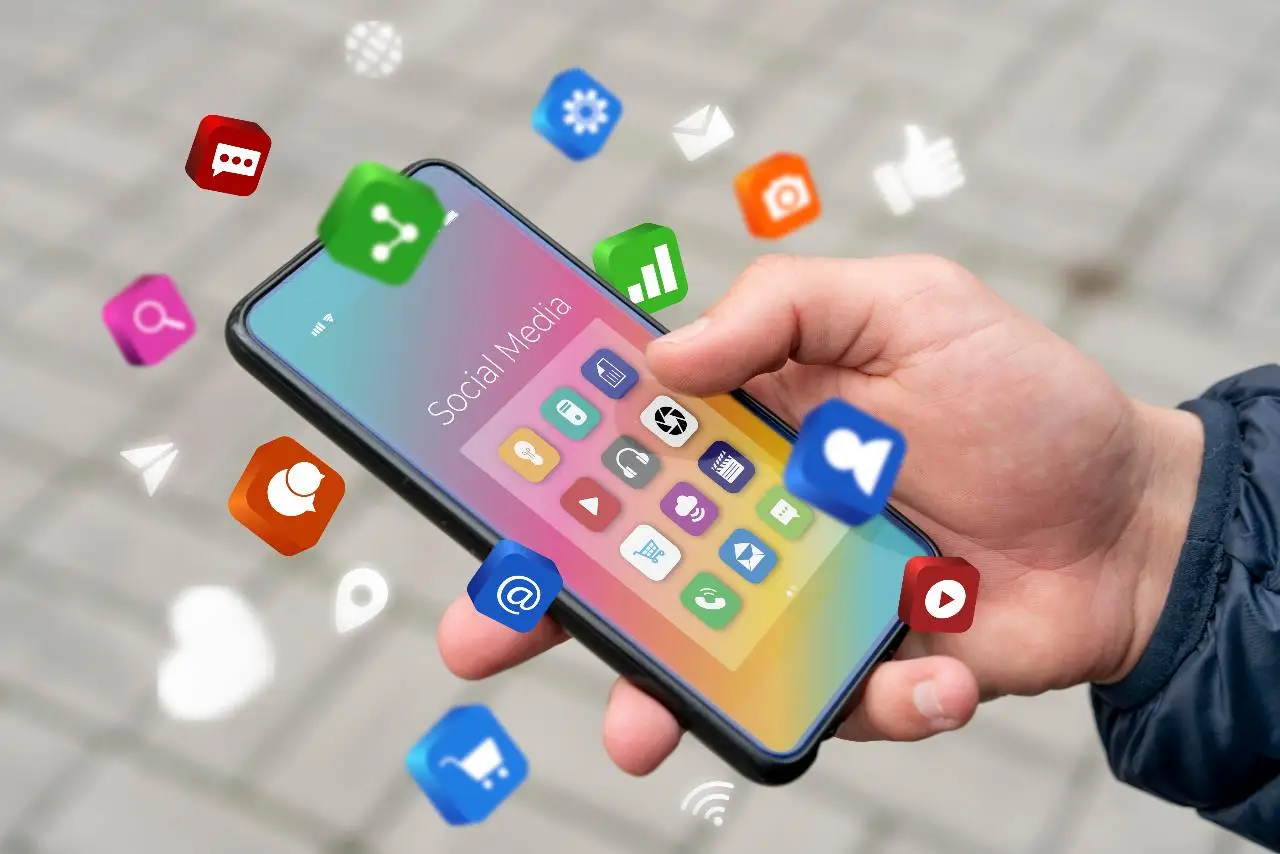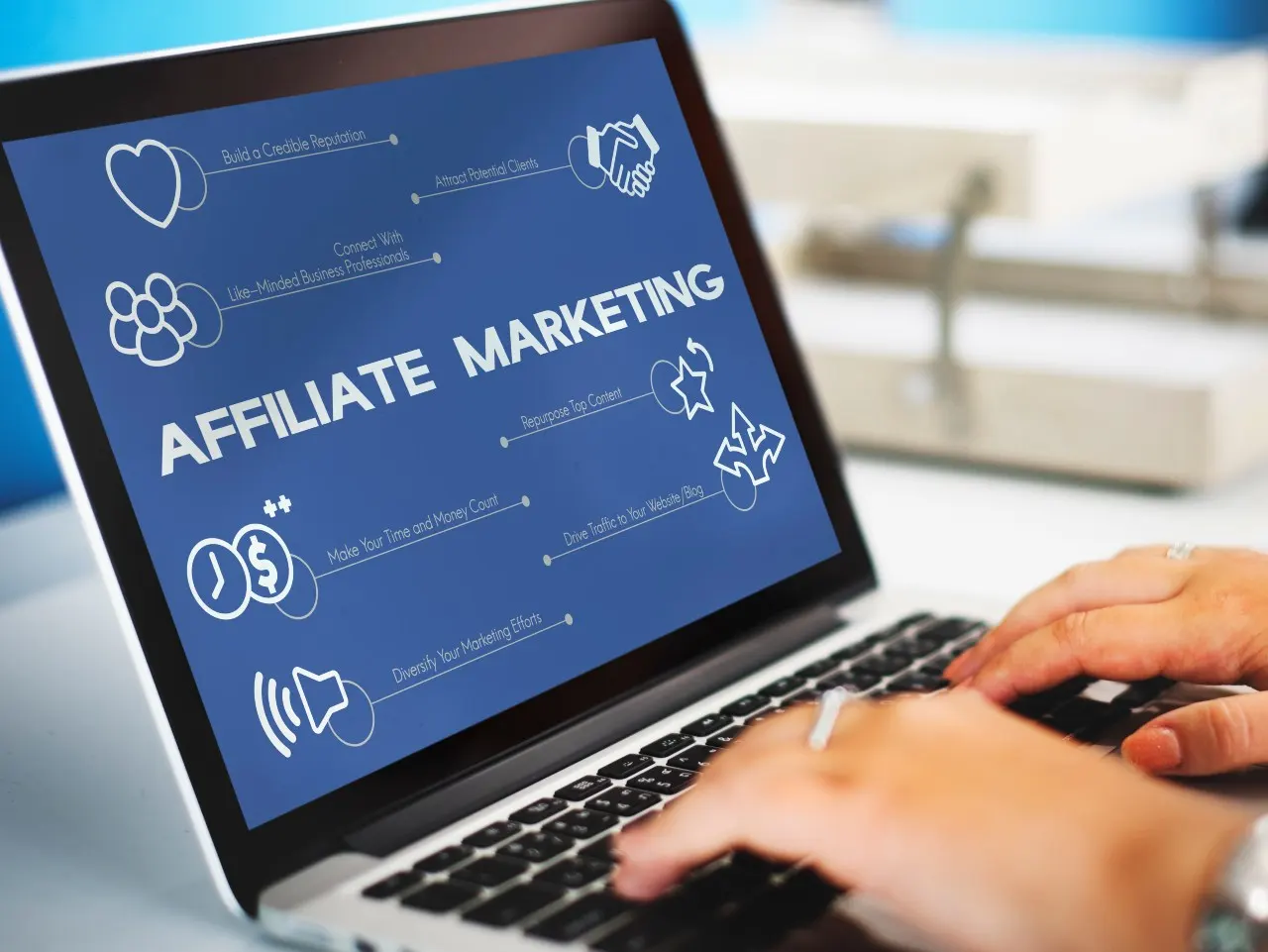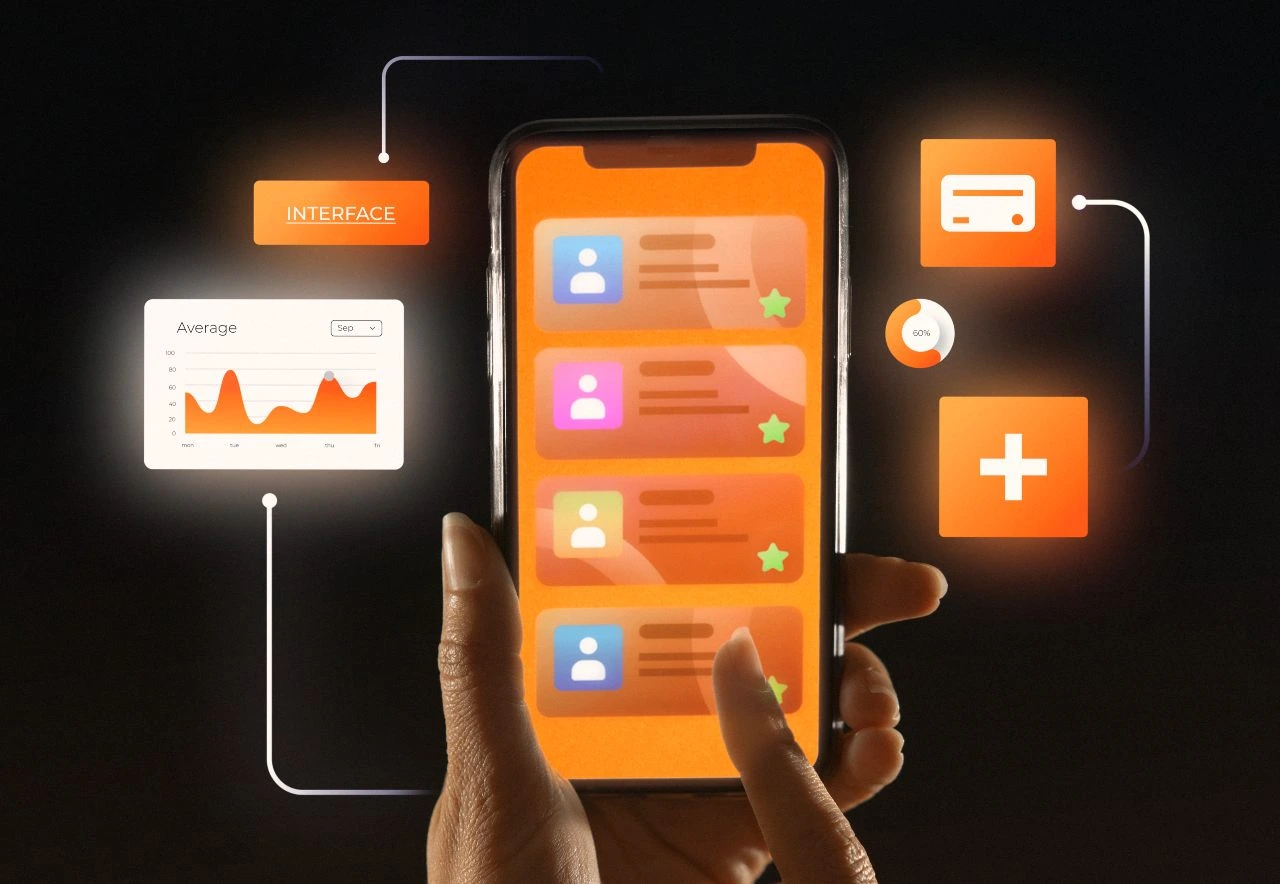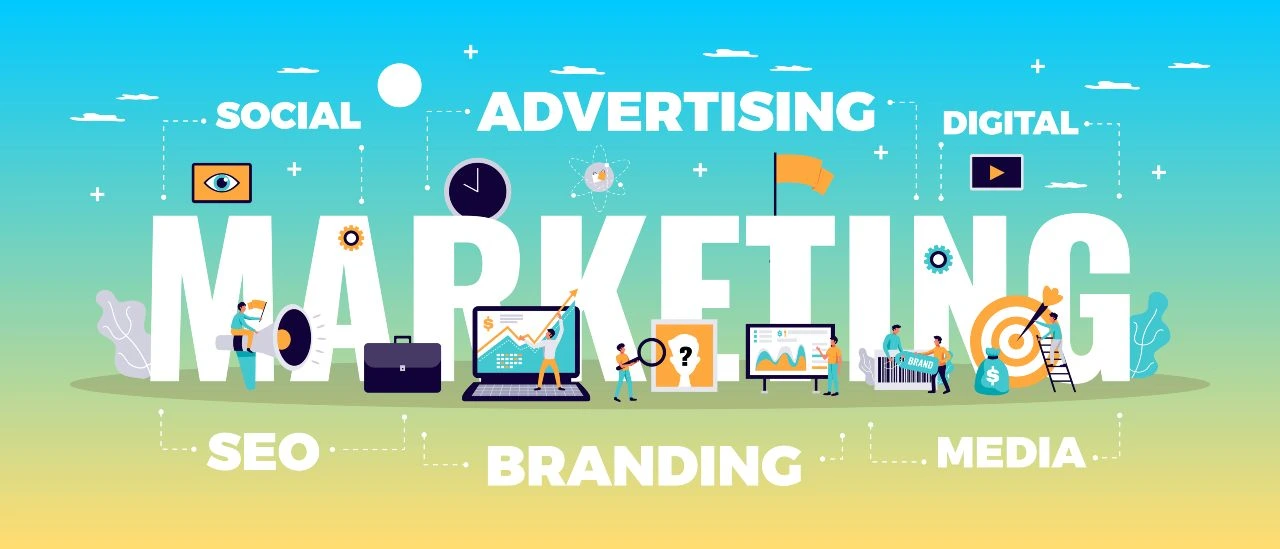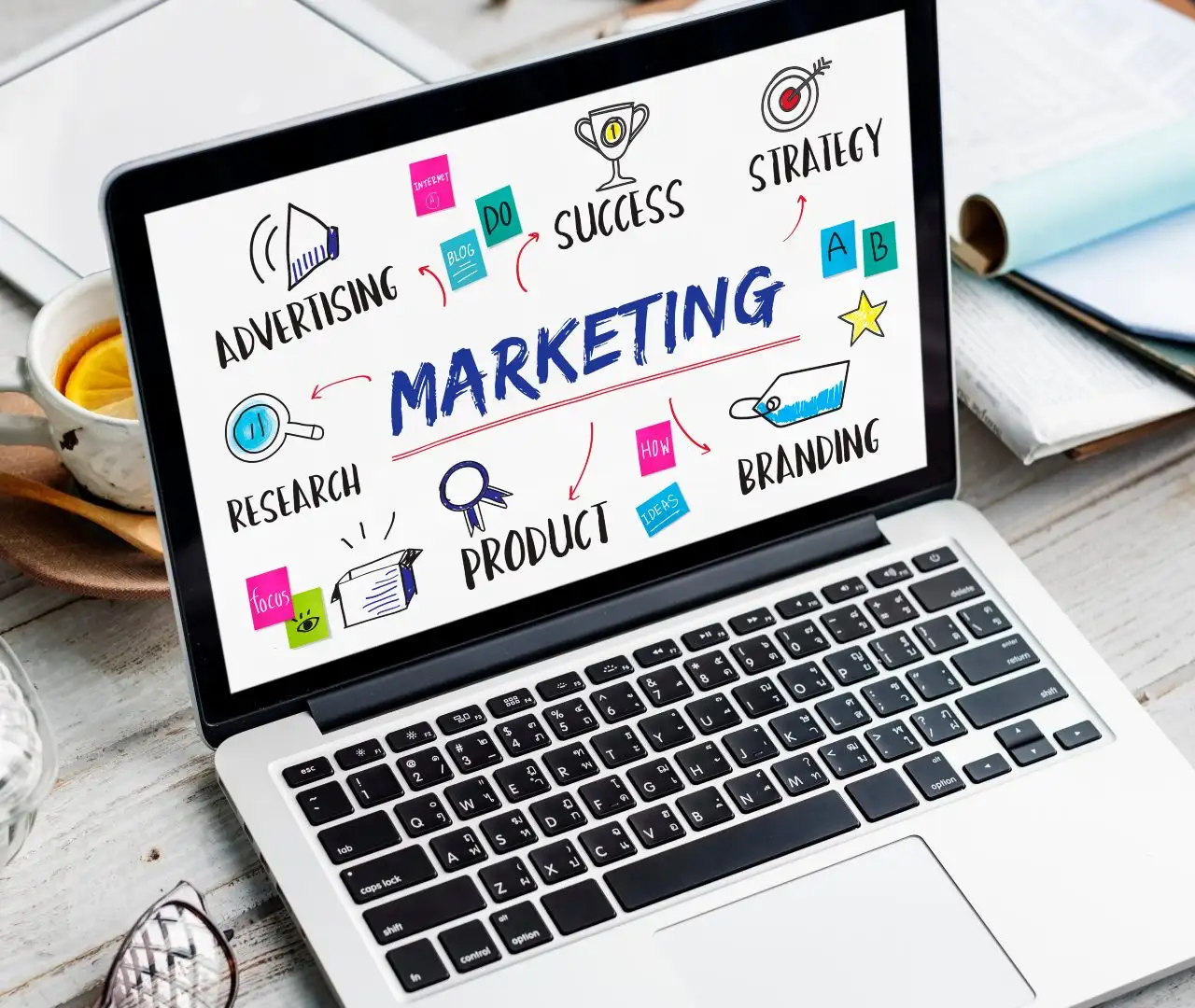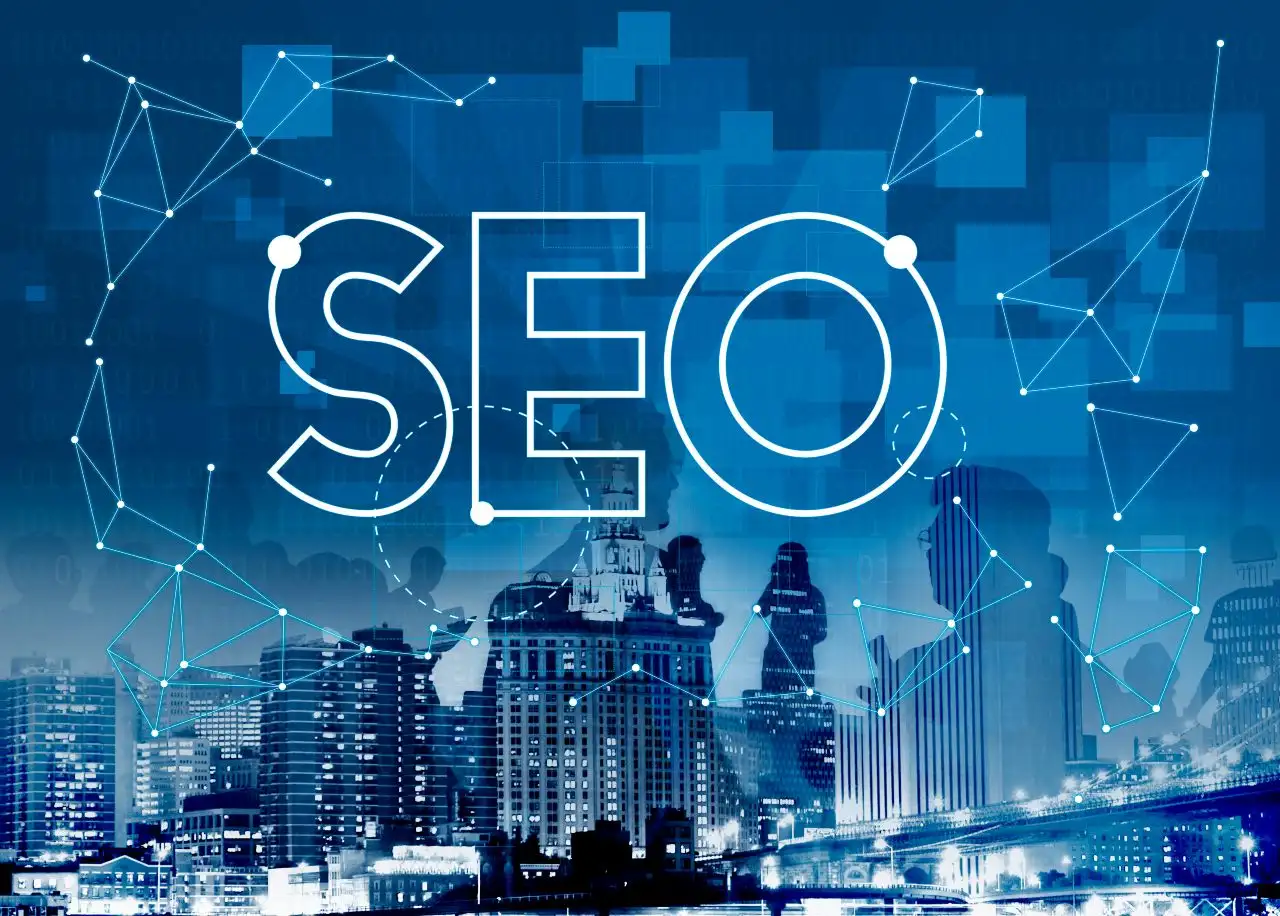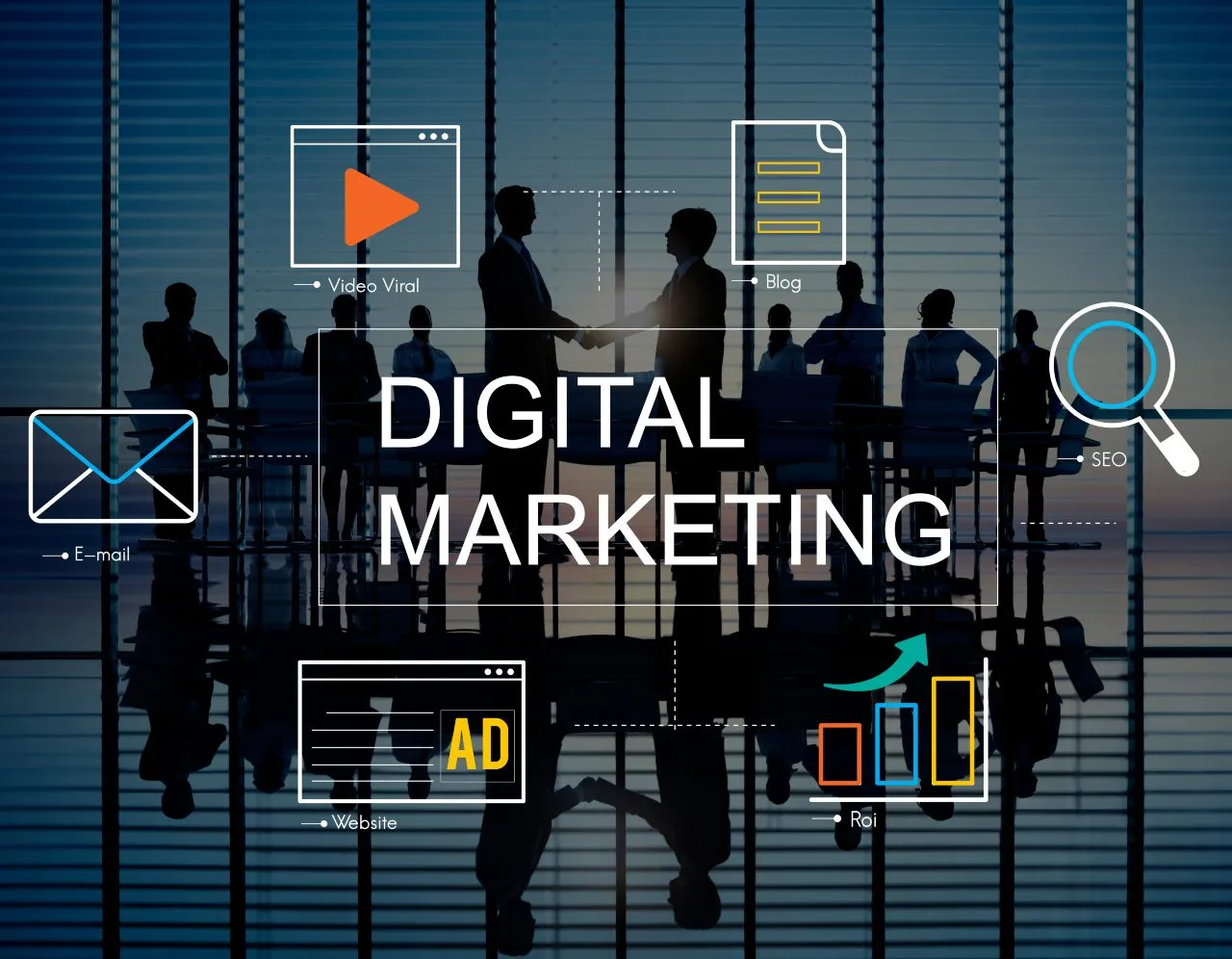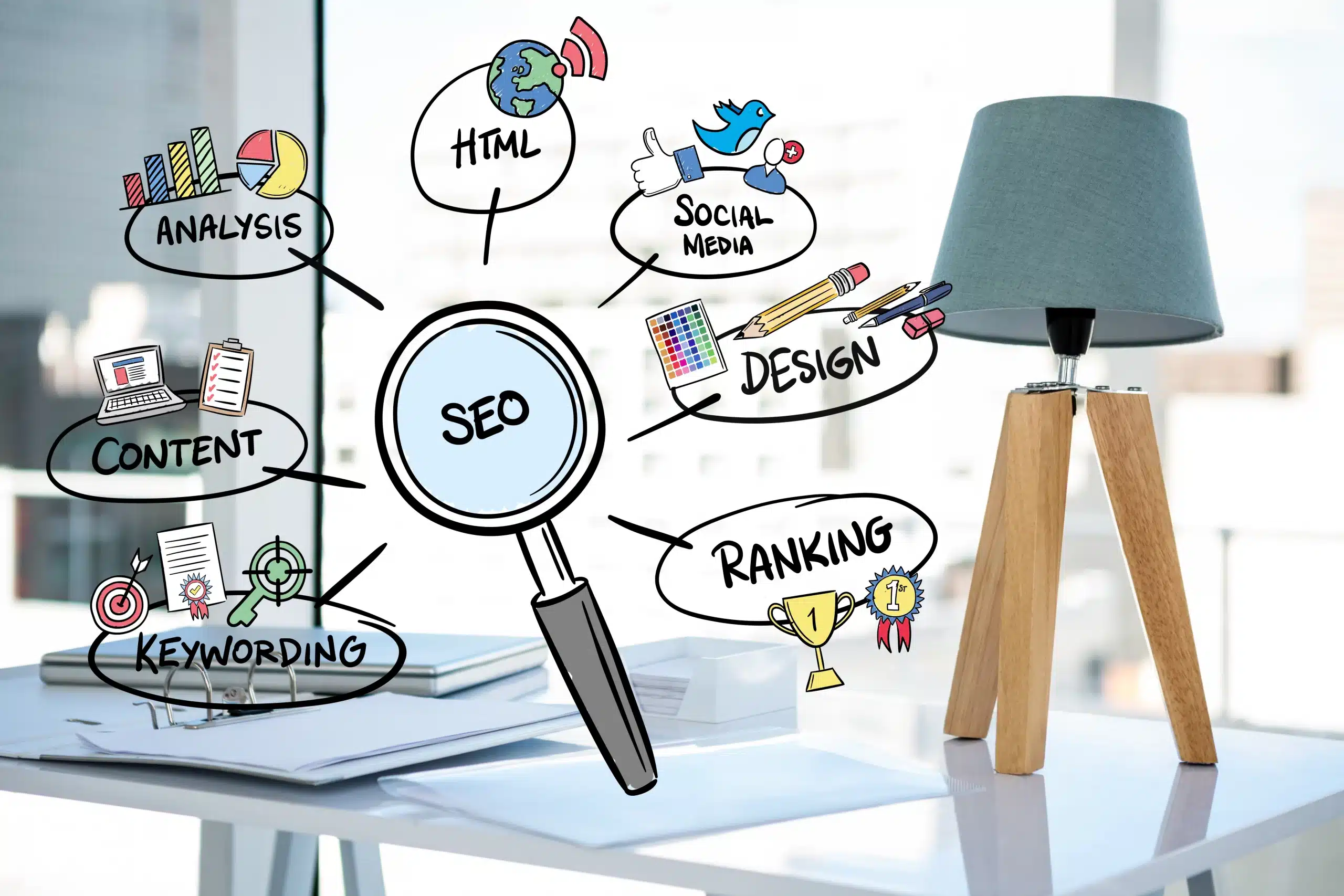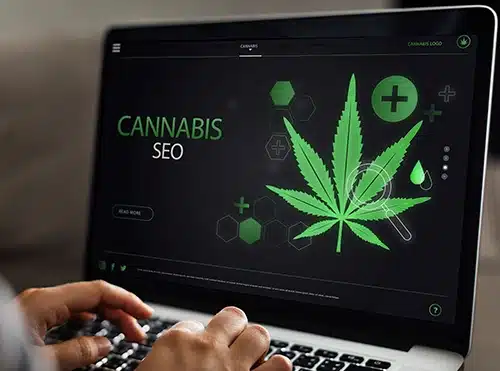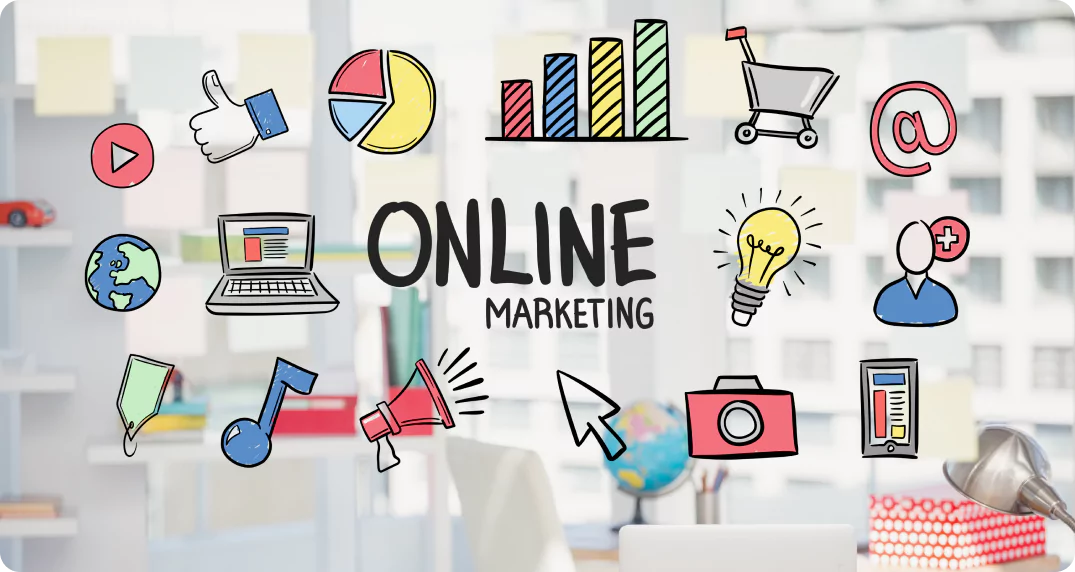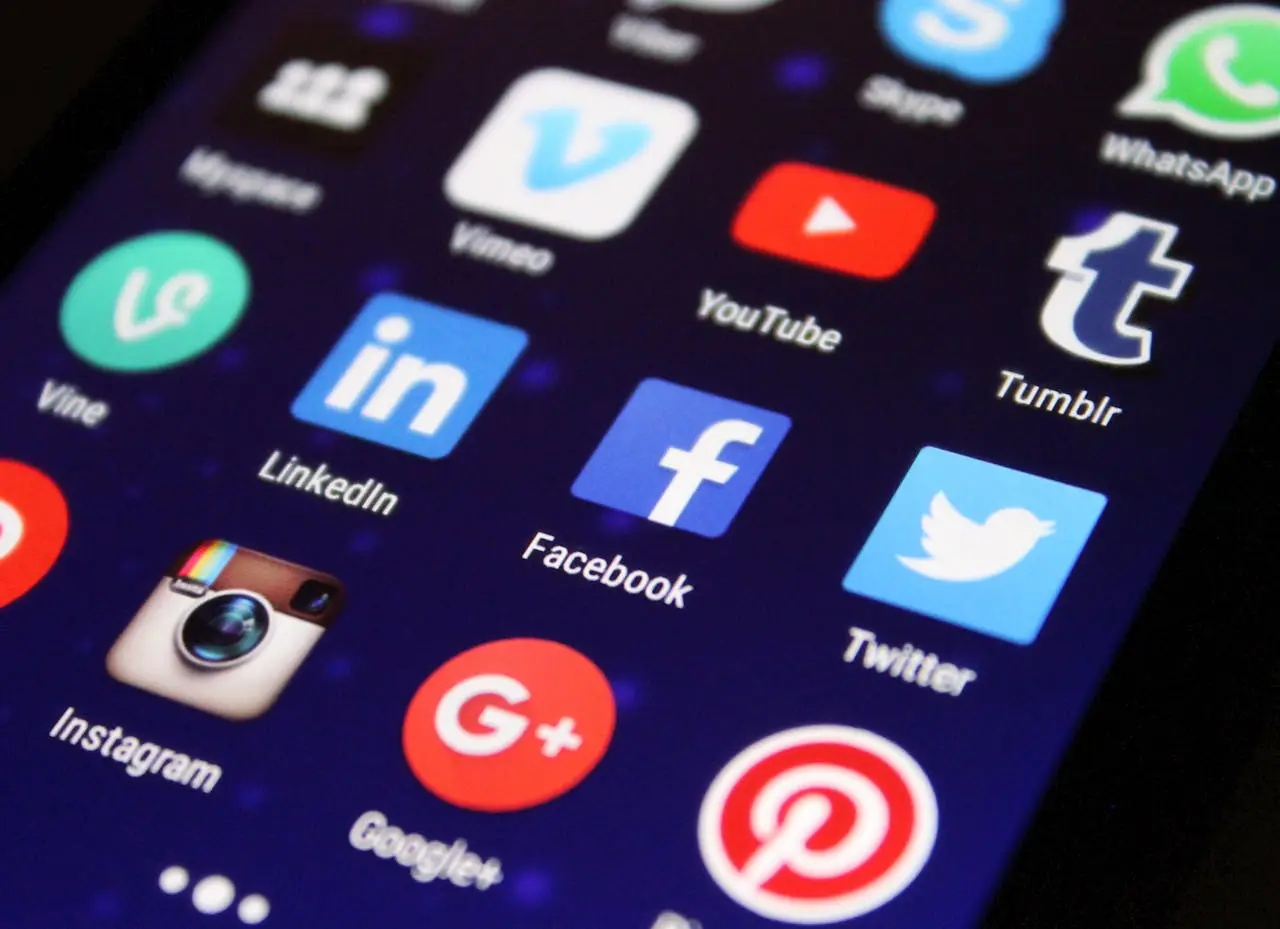Are you ready to navigate the rapidly evolving world of B2B sales? The B2B landscape is undergoing a seismic shift, driven by technological advancements and changing buyer behaviors. Traditional methods are making way for innovative digital strategies that prioritize engagement, personalization, and data-driven decision-making. Savvy marketers are adapting to these changes, recognizing the transformative power of podcasts, LinkedIn, AI, and other cutting-edge tools.
But what exactly are the key B2B sales trends shaping the buying journey, and how can your business stay ahead of the curve?
This article dives into the most impactful B2B sales trends, offering insights and strategies to help you optimize your marketing efforts, connect with your target audience, and drive revenue growth. Let’s explore the data-backed trends that are redefining success in the B2B arena.
How Podcasts and LinkedIn Are Redefining B2B Engagement Channels

Source: Exploding Topics
The B2B marketing landscape has experienced a paradigm shift toward channels that foster meaningful, sustained engagement. As decision-makers seek valuable content to inform their strategies, platforms like LinkedIn and podcasts have emerged as indispensable tools for brands hoping to rise above the noise. These mediums not only offer authenticity but also empower companies to educate, inspire, and build stronger relationships with their audience in ways that traditional channels can’t match.
- Searches for “Spotify Podcasts” have surged by 7,400% over the past five years, underscoring their explosive growth in popularity. Source
- Podcast listening has more than doubled since 2014, demonstrating its growing footprint among professionals. Source
- Interest in “podcast marketing” has jumped by 235% in the last decade, reflecting its increasing role as a core marketing strategy. Source
- HubSpot’s podcast has hit 1.5 million total downloads, proving its effectiveness in reaching SMB customers and driving brand awareness. Source
- Searches for “LinkedIn followers” have risen by 143%, signaling a growing emphasis on building professional networks. Source
- 84% of B2B marketers rank LinkedIn as their most valuable organic platform, far outpacing competitors like Facebook, YouTube, and Instagram. Source
- Over 72% of B2B brands have ramped up their LinkedIn usage in the past year, indicating its critical role in modern content strategies. Source
KeyTakeaway
Interactive, value-driven content is the new currency for B2B success. Platforms like LinkedIn and podcasts are no longer just “nice-to-have” add-ons; they’re essential for companies looking to stay relevant and influential in their industries. Podcasts allow brands to own thought leadership content and provide in-depth insights tailored to their audience, while LinkedIn offers unparalleled opportunities for professional connection, community building, and direct dialogue with decision-makers.
Pro Tip:
To maximize results, align your content strategy with the behaviors of your target audience. On LinkedIn, focus on leveraging analytics to refine posting schedules, engage actively in niche groups, and experiment with rich media like live videos. For podcasts, concentrate on creating episodic content with actionable insights and invite influential guests from your industry to expand your reach and authority.
Navigating the Future of B2B Content Marketing: Key Stats and Insights to Drive Success
The landscape of B2B content marketing is undergoing rapid transformation as businesses increasingly recognize its power to fuel growth and engagement. Yet, with growing investments comes intensified competition, making strategic planning and execution more critical than ever before. Success in this area requires a balance of creativity, technology adoption, and seamless collaboration between sales and marketing—a challenging combination but one that reaps substantial rewards when done right.
- The content marketing industry is projected to achieve a mind-boggling $600 billion in revenue by 2024. Source
- Content marketing is growing at an impressive CAGR of 13.7%, driven by technological advancements and innovative opportunities for startups. Source
- More than half of businesses are planning to boost their content marketing budgets in 2024, reflecting its proven impact. Source
- B2B companies allocate an average of 9.7% of their total budgets to marketing, illustrating its substantial importance for overall strategy. Source
- 68% of B2B marketing leaders report larger budgets compared to last year, underlining the increased emphasis on growth through marketing. Source
- A staggering 90% of B2B marketers believe their budget aligns effectively with their company’s revenue and growth objectives. Source
- 56% of B2B marketing teams are allocating more funds toward content creation, highlighting the demand for top-notch, resourceful material. Source
- 36% of increased marketing budgets are aimed at helping content stand out amidst a highly saturated digital space. Source
- Long-form B2B content significantly outperforms shorter pieces, attracting more backlinks, shares, and engagement. Source
- 58% of B2B marketers cite resource limitations as a key challenge to effective content execution. Source
- 45% of marketers struggle with sales and marketing alignment, signaling a need for better communication and shared goals. Source
- 34% of marketers face difficulties adapting to new technologies, like AI—a gap that may hold businesses back. Source
- 25% of marketers admit that the absence of a well-defined content strategy is a major roadblock. Source
Key Takeaway: Invest Smarter, Not Just More
As the B2B content marketing ecosystem evolves, businesses must adopt smarter, more intentional strategies to stand out. Simply increasing budgets isn’t a guaranteed solution; optimizing how those resources are allocated—whether toward long-form, in-depth content, or innovative formats—can make a world of difference. Addressing internal challenges such as resource constraints, sales and marketing alignment, and tech adoption is equally critical. The brands that succeed will be those that champion strategic, high-quality content while embracing emerging technologies like AI to complement—not replace—the human creativity that resonates with audiences.
Pro Tip:
Don’t just document your content strategy—embed adaptability into its DNA. Experiment with different content types, from white papers to interactive webinars, to see what resonates most with your audience. By combining human insights with data-driven tools, you can deliver impactful content that outshines competitors and stays relevant as trends evolve.
Leveraging Personalization, AI-Powered Chatbots, and Email: The Future of B2B Engagement
In the competitive B2B landscape, earning your audience’s attention means delivering relevance at scale. Personalization isn’t just a “nice-to-have” anymore—it’s a necessity. By combining the power of data-driven customer personas, AI-enabled tools like chatbots, and the continued effectiveness of email marketing, businesses can build deeper connections, nurture leads more effectively, and close deals faster. These technologies are not working in isolation; they’re part of a cohesive, tech-driven strategy that helps companies stay agile and competitive in an increasingly complex buying environment.
- Interest in “customer personas” has surged by 97% over the past five years, emphasizing their growing significance in marketing strategies. Source
- Searches for “chatbot” have skyrocketed by 219% over five years, showcasing demand for automated communication solutions. Source
- In the U.S., 57% of B2B marketers have incorporated AI-enabled chatbots into their demand generation initiatives to better understand their audience. Source
- Companies using chatbots have seen measurable ROI, with 26% of U.S. B2B marketers reporting a 10-20% increase in lead volumes. Source
- SalesRabbit increased website-generated leads by 50% with the help of chatbots, offering a compelling case for adoption. Source
- Currently, 36% of marketers utilize AI chatbots, but a staggering 58% plan to scale up their investments in 2024. Source
- A significant 81% of B2B marketers use email newsletters as their core content marketing tool. Source
- B2B email campaigns achieve a solid average open rate of 26.7% and a click-through rate of 2.13%. Source
- As of 2023, 79% of B2B marketers identified email as their most successful channel for content distribution. Source
- 77% of B2B buyers still prefer email as their primary channel for communication, underscoring its relevance. Source
Key Takeaway: Personalization and AI are Transforming the B2B Playbook
The integration of AI, chatbots, and email marketing presents a new era for B2B engagement. Among the emerging B2B lead generation trends, these tools reflect a shift toward more dynamic and responsive customer interactions. Businesses that embrace AI-driven chatbots not only streamline lead generation but also unlock meaningful and actionable insights about customer behavior. Meanwhile, email marketing remains a proven workhorse for delivering tailored content with high ROI. The magic lies in connecting the dots: using customer personas and AI to fuel hyper-relevant email campaigns or leveraging chatbot insights to refine outreach strategies.
Pro Tip:
Take your efforts up a notch by integrating chatbot data into your CRM or email marketing workflows. This allows for even more precise targeting and personalization. Additionally, A/B test your email subject lines and formats to find what resonates most with your audience—small tweaks can lead to significant lifts in engagement rates.
AI-Powered Strategies, Content Repurposing, and Marketing Automation for Efficiency
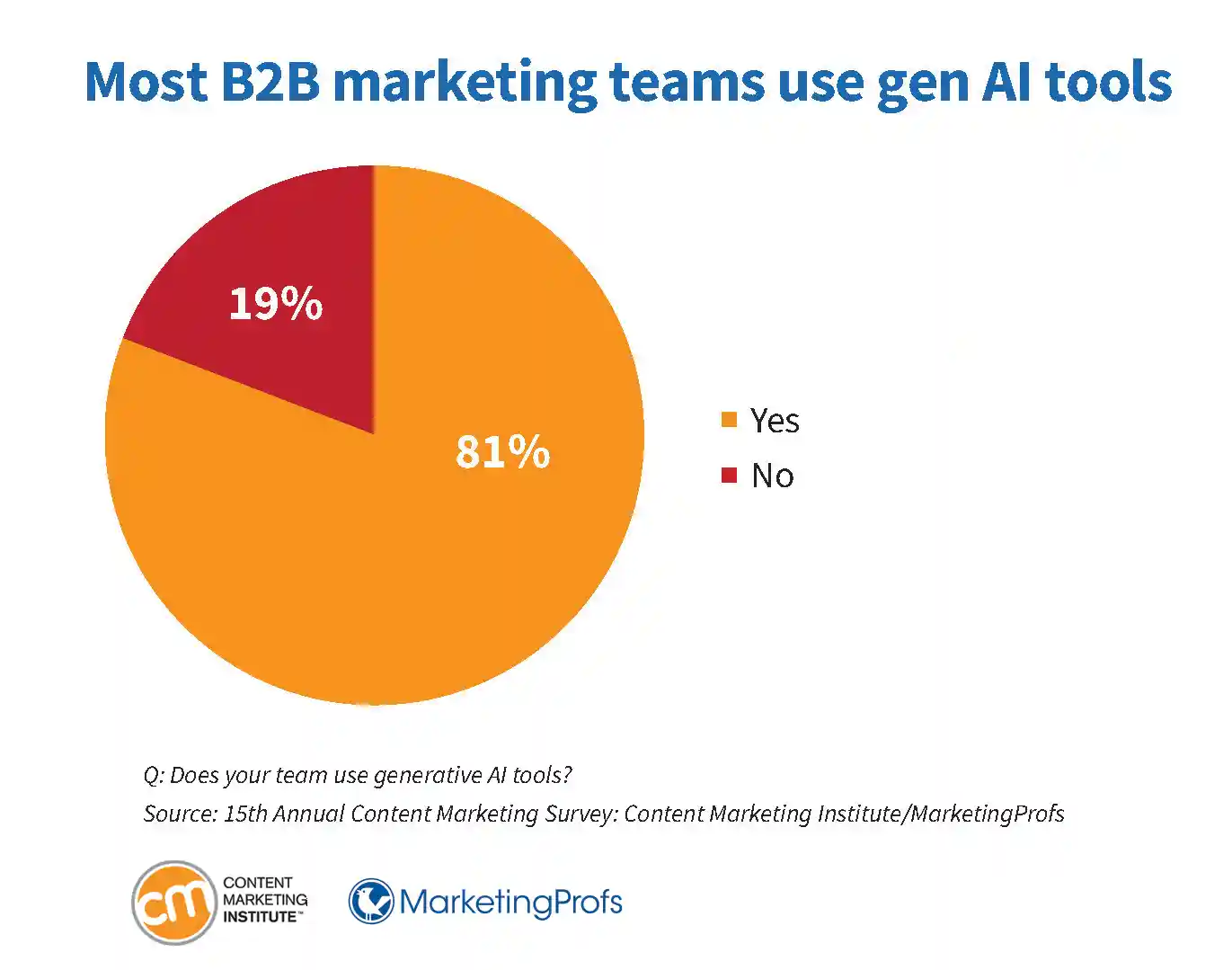
Source: Content Marketing Institute
AI is not just enhancing chatbots; it’s transforming content creation, SEO, and overall marketing efficiency. Simultaneously, B2B marketers are focusing on content repurposing to maximize ROI and streamlining automation for better results.
- According to a recent Gartner survey, salespeople who use AI tools are 3.7 times more likely to meet their sales quotas compared to those who don’t. Source
- An overwhelming 85% of marketers believe that AI will positively impact B2B marketing in the coming year. Source
- In fact, 85% of marketers say that generative AI has already changed how they create content. Source
- 83% of marketers are confident that AI will boost their SEO efforts by helping them create high-quality, SEO-optimized content. Source
- A large majority of marketers (81%) using generative AI report that it enhances their roles. Source
- By 2028, the AI market in marketing is projected to exceed $107.5 billion. Source
- Searches for “content repurposing” have increased by 500% over the past five years, indicating a growing interest in this strategy. Source
- Google searches for “marketing automation” have more than tripled over the last 10 years, highlighting its growing importance. Source
- However, 41% of B2B businesses report that they are not getting the most out of their marketing automation efforts, indicating a need for improvement. Source
- Email automation is leveraged by 82% of marketers, leading to an impressive 8x increase in email open rates, demonstrating the power of automation in enhancing email performance. Source
AI is a fundamental shift in how B2B marketing operates. Content repurposing and streamlined marketing automation are powerful strategies that can help B2B businesses maximize the impact of their marketing efforts.
Pro Tip:
Focus on using AI to augment your existing marketing efforts rather than completely replacing human input. When repurposing content, always tailor it to the specific platform or audience you’re targeting to ensure maximum engagement. Focus on implementing marketing automation in stages, starting with basic workflows and gradually adding complexity as your team becomes more comfortable with the tools.
The Strategic Role of SEO in B2B Growth
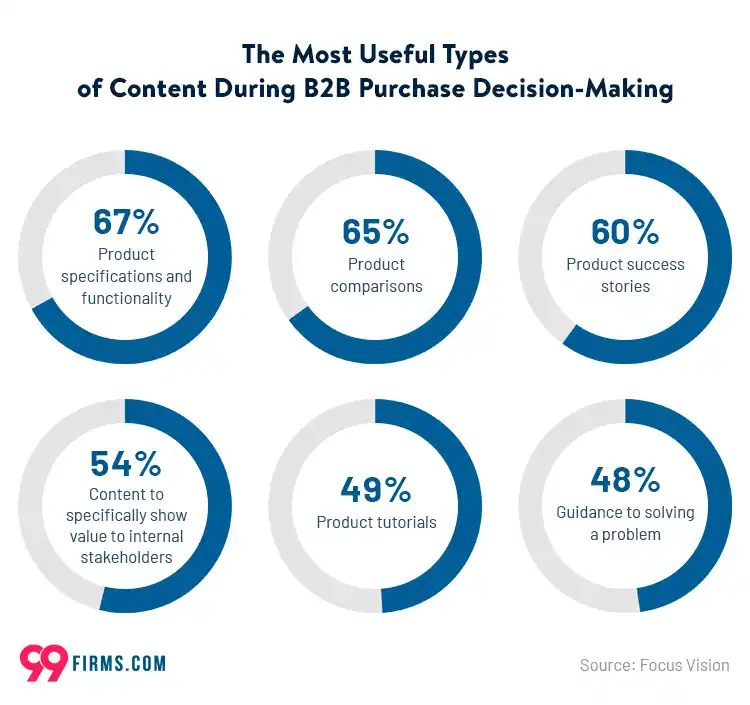
Source: 99 Firms
In the competitive B2B space, where decision cycles are lengthy and stakeholders demand detailed information, SEO is not just a tool for visibility—it’s a revenue driver and trust builder. Today’s B2B buyers rely heavily on search engines to research, compare solutions, and validate purchasing decisions. Companies that treat SEO as a strategic asset rather than a standalone tactic are positioning themselves at the forefront of buyer discovery and intent.
- 23% of B2B marketers identify organic search as the most effective channel for driving revenue. Source
- 50% of B2B brands delivering an excellent user experience prioritize SEO, compared to just 29% of their peers. Source
- 70% of B2B marketers report that SEO drives more sales than pay-per-click (PPC) advertising. Source
- 55% of high-growth B2B brands have established in-house SEO teams. Source
- 57% of B2B marketers confirm that SEO is their top lead generation tactic, outperforming all other initiatives. Source
- 14.6% of all B2B leads are attributed directly to SEO efforts. Source
- 66% of B2B buyers depend on search engines when researching solutions, far outpacing other channels like online ads (35%) and social media (23%). Source
Key Takeaway: Elevate SEO Beyond Lead Generation
The numbers don’t just highlight the need for SEO—they underscore its strategic importance in influencing every stage of the buyer’s journey. From discovery to decision-making, SEO serves as the bridge between your brand and a buyer’s specific needs. However, success demands more than ranking high on search engine result pages. It requires aligning your SEO strategy with buyer intent, creating high-value content that resonates with industry pain points, and ensuring a seamless on-site experience that converts leads into loyal customers.
Pro Tip:
Invest in SEO as a long-term growth strategy. Optimize for buyer-specific keywords, prioritize core web vitals to enhance site performance, and integrate efforts with your sales team to ensure the leads generated align with your ideal customer profiles. By refining both the technical and strategic aspects of SEO, you can turn your website into a consistent revenue engine.
How Social Media Is Driving B2B Success
Social media has transcended its role as a mere networking tool to become a revenue-driving powerhouse for B2B marketers. With decision-makers spending significant time online for research and engagement, platforms like LinkedIn, YouTube, and Instagram offer unparalleled opportunities to connect, educate, and convert. But it’s not just about being present on these platforms; it’s about knowing where to focus your efforts to maximize returns.
- 60% of B2B marketers consider social media the top channel for generating revenue. Source
- 32% of B2B brands have doubled their efforts on YouTube, while 31% have ramped up their use of Instagram. Source
- 32% of B2B marketers have scaled back their use of X (formerly Twitter). Source
- 95% of B2B marketers create social media content, and 90% distribute it through social platforms, making it the most-used content channel. Source
- Over 70% of B2B marketers utilizing social media in the past year reported improved sales. Source
Key Takeaway: Social Media as a Strategic Lever for B2B Growth
These numbers make one thing clear: social media isn’t just a “nice-to-have” in B2B marketing—it’s a strategic necessity. The shift in platform preferences, such as greater emphasis on video-heavy platforms like YouTube, reflects the growing demand for dynamic and engaging content formats. Notably, platforms like LinkedIn remain a goldmine for building professional relationships, but businesses are also diversifying to reach audiences visually on Instagram or informatively on YouTube. With a meaningful strategy in place, B2B brands can use social media to influence not just visibility but also tangible revenue outcomes.
Pro Tip:
Regularly audit your social media strategy to prioritize platforms that deliver the best ROI for your business. Experiment with emerging formats like short-form video or live streams to captivate your audience and stay ahead of the curve. Combining authenticity with data-driven decision-making can take your social media results to new heights.
Strategic Shifts in B2B Marketing Budgets: Where Dollars Are Making an Impact
As B2B companies grapple with evolving buyer expectations and tightening competition, marketing budgets are being reallocated to reflect changing priorities. Beyond just spending more, businesses are laser-focused on areas that deliver long-term value—such as brand reputation, data-driven customer experiences, and high-performing digital channels. These choices not only demonstrate a clear alignment with growth objectives but also showcase the shifting landscape of B2B marketing towards building deeper, sustained customer connections.
- B2B marketers allocate 19% of their budget to advertising, followed by content (17%), tools and technology (16%), and people (12%), highlighting the balanced investment in driving awareness, engagement, and operational efficiency. Source
- A notable 67% of B2B marketers are increasing their budgets for brand-building, underscoring the critical emphasis on creating trust and credibility in crowded markets. Source
- Customer experience investments are on the rise, with 64% of marketers dedicating more resources to improving satisfaction and loyalty through thoughtful CX strategies. Source
- Social media remains a growth area, as 56% of B2B marketers plan to increase their spending on these platforms to drive meaningful engagement with target audiences. Source
- Paid search and email marketing continue to prove their ROI potential, with 40% of marketers planning to allocate additional budget to each of these proven channels. Source
Key Takeaway: Budgets Reflect Strategic Priorities in Action
The shifting allocation of B2B marketing budgets reveals a broader trend: successful marketers today are thinking beyond quick wins and instead focusing on initiatives that drive sustainable growth. B2B marketing statistics support this shift, showing increased investment in long-term strategies like brand building and customer experience. Building a strong brand identity, delivering top-tier customer experiences, and leveraging the precision of digital channels are no longer optional—they’re key pillars of a forward-thinking marketing strategy. As budgets climb, leaders should prioritize investments that not only meet immediate needs but also position their businesses for long-term success.
Pro Tip:
Regularly evaluate your spending against benchmarks in your industry. Tools like marketing analytics platforms and attribution models can help you pinpoint which channels and strategies yield the highest ROI, enabling smarter adjustments to your budget over time.
Why Storytelling is the Secret Weapon for B2B Success
In an era where data and automation dominate the B2B landscape, the power of storytelling serves as a refreshing and impactful way to cut through the noise. Decision-makers are people too—and engaging them on an emotional level can foster trust, communicate value, and make your brand genuinely memorable. The shift toward storytelling in B2B marketing isn’t just a buzzword; it’s a response to the growing need for authentic connection in a space traditionally driven by facts and figures. Let’s look at some compelling statistics that highlight this trend:
- Businesses are increasingly interested in storytelling marketing, with a 69% growth in interest over five years. Source
- Searches for “Storybrand,” a company that advises businesses on integrating storytelling into their B2B marketing strategy, have seen long-term, sustained growth of 8,000% over five years. Source
- Tools that facilitate content repurposing, such as Wavve, have experienced significant growth, with searches for the audio-sharing software increasing by 1,567% over the last five years. Source
Key Takeaway: Storytelling Humanizes B2B
From creating resonance to simplifying complex ideas, storytelling in B2B is proving to be a game-changer. As professionals increasingly seek brands they can trust and relate to, incorporating storytelling into your strategy can amplify your message and differentiate your business in a crowded market. It’s not just about telling a story; it’s about telling the right story—one that aligns with your audience’s challenges and aspirations.
Pro Tip:
Repurposing content into multiple storytelling formats is key to maximizing its impact. Whether it’s a customer success video, a podcast snippet, or an infographic, adapt your narrative for the platform and audience to ensure relevance and scalability. Tools like Wavve can help you turn even small moments into engaging, shareable content. For businesses looking to streamline and scale their storytelling efforts, adopting a B2B website strategy that supports dynamic content and audience segmentation can significantly enhance results.
Addressing Core B2B Marketing Hurdles: Insights for Smarter Strategies
B2B marketing is a high-stakes balancing act, where the pressure to deliver measurable results often collides with complex buyer behaviors and the rapid pace of technological change. In this environment, understanding which challenges deserve your attention and which priorities can move the needle is critical to developing a winning strategy. Let’s break down the numbers to uncover what’s shaping B2B marketing priorities today—and how you can stay ahead of the curve.
- The top priority for B2B marketers is growing a high-quality lead pipeline, with 37% identifying it as a critical area of focus. Source
- Implementing AI technology (35%), leveraging data for decision-making and performance measurement (33%), and building relationships with new customers (32%) also rank as significant priorities. Source
- However, 85% of B2B marketers report difficulty connecting marketing performance to business outcomes, highlighting a crucial gap in ROI tracking and strategy alignment. Source
Key Takeaway: Embrace a Smarter, Data-Driven Approach
These statistics underscore a pivotal truth: the future of B2B marketing belongs to those who can bridge the gap between tactical execution and strategic outcomes. Building a robust lead pipeline is essential, but marketers must also lean into AI, data analytics, and personalization to streamline their efforts and enhance relationships. The real differentiator, however, lies in their ability to measure what matters—whether it’s attribution models or revenue contributions. Companies who connect marketing metrics directly to business growth will not only refine their strategies but also earn a seat at the decision-making table.
Pro Tip:
To overcome issues in tying marketing performance to outcomes, create a unified sales and marketing dashboard that visualizes key metrics like customer acquisition cost (CAC) and lifetime value (LTV). Tools like Salesforce, HubSpot, or Tableau can assist in ensuring every campaign directly contributes to big-picture business goals. Additionally, partnering with full-service marketing providers can help businesses integrate tools, strategies, and expertise to align marketing performance with long-term objectives seamlessly.
Conclusion
The evolution of B2B sales trends underscores one undeniable truth: digital strategies are no longer optional—they are the driving force behind success. From the meteoric rise of podcasts and LinkedIn to the growing impact of AI, automation, and SEO, businesses must embrace these innovative channels to stay competitive. As the numbers show, personalized experiences, high-quality content, and strategic investments in technology are shaping the new era of B2B marketing, paving the way for stronger connections and measurable outcomes.
Yet, with this transformation comes the challenge of standing out in an increasingly crowded digital space. Whether it’s leveraging AI-powered chatbots to engage leads, repurposing content for maximum ROI, or capturing attention on social media, the key lies in aligning your strategy with your audience’s evolving expectations. The most successful B2B brands are those that seize these opportunities with agility, creativity, and a focus on delivering value.
Ready to boost your traffic and grow your website? Your customers are looking for you, and our SEO services can help you be found across search engines. Let’s turn insights into action and drive your business forward!
About Key Trends in B2B Sales: How Digital Strategies Are Reshaping the Buying Journey
This guide was written by the Scopic Studios team and reviewed by Araksya Hakobjanyan, SEO Lead at Scopic Studios.
Scopic Studios delivers exceptional and engaging content rooted in our expertise across marketing and creative services. Our team of talented writers and digital experts excel in transforming intricate concepts into captivating narratives tailored for diverse industries. We’re passionate about crafting content that not only resonates but also drives value across all digital platforms.
Note: This blog’s images are sourced from Freepik.




















